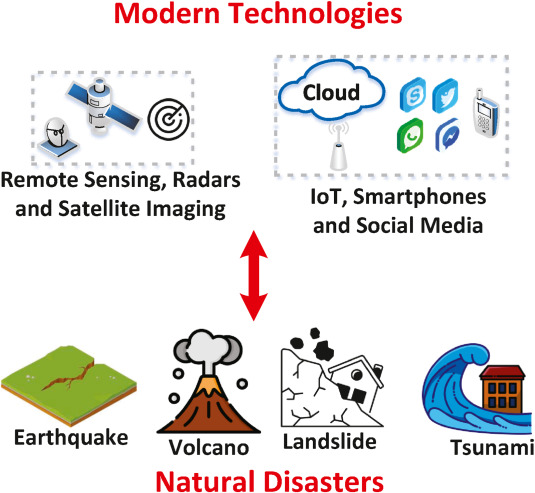Humans have always been a developing as per their requirements and circumstances offered by nature and situations. They have introduced computers, rockets, energy mining, infrastructure etc. but Is it enough for survival? No. For the further survival humankind have to keep evolving ...
Black holes are cosmic objects formed from the remnants of massive stars that have undergone gravitational collapse. They possess such intense gravitational fields that even light cannot escape from them once it crosses a boundary called the event horizon. This phenomenon arises because the mass ofRead more
Black holes are cosmic objects formed from the remnants of massive stars that have undergone gravitational collapse. They possess such intense gravitational fields that even light cannot escape from them once it crosses a boundary called the event horizon. This phenomenon arises because the mass of the collapsed star is concentrated into an infinitely dense point known as a singularity.
The impact of black holes on their surroundings is profound. Nearby stars and other matter can be drawn into a swirling disk called an accretion disk before falling into the black hole. This process releases enormous amounts of energy in the form of X-rays and other radiation. Some black holes also eject powerful jets of particles at near-light speeds, influencing the dynamics of their galactic neighborhoods.
On a larger scale, supermassive black holes found at the centers of galaxies, like the one in our Milky Way, play a crucial role in galactic evolution. They regulate star formation by heating and expelling gas, influence the orbits of nearby stars, and are believed to have shaped the formation and growth of galaxies throughout cosmic history. In essence, black holes are not only enigmatic cosmic entities but also significant players in shaping the structure and dynamics of the universe.
See less

 Advancements in satellite technology significantly enhance global climate monitoring and disaster response by providing detailed, timely, and accurate data. Here’s how:
Advancements in satellite technology significantly enhance global climate monitoring and disaster response by providing detailed, timely, and accurate data. Here’s how:
Universal Matter Replication: Imagine a device that can scan and replicate any object at an atomic level. This would revolutionize manufacturing, eliminating waste and creating anything on demand. Food scarcity, resource limitations, and dependence on complex supply chains could become relics of theRead more
-
-
See lessUniversal Matter Replication: Imagine a device that can scan and replicate any object at an atomic level. This would revolutionize manufacturing, eliminating waste and creating anything on demand. Food scarcity, resource limitations, and dependence on complex supply chains could become relics of the past. Shelter, clothing, and even complex tools could be readily available, fundamentally changing how we live and interact with the world.
Advanced Brain-Computer Interfaces (BCIs): A seamless interface between the human brain and computers could unlock unimaginable potential. Imagine controlling technology with thought, directly accessing and storing information in the brain, or even enhancing our cognitive abilities. This could revolutionize education, communication, and scientific exploration. However, ethical considerations regarding privacy and human augmentation would need to be carefully addressed.